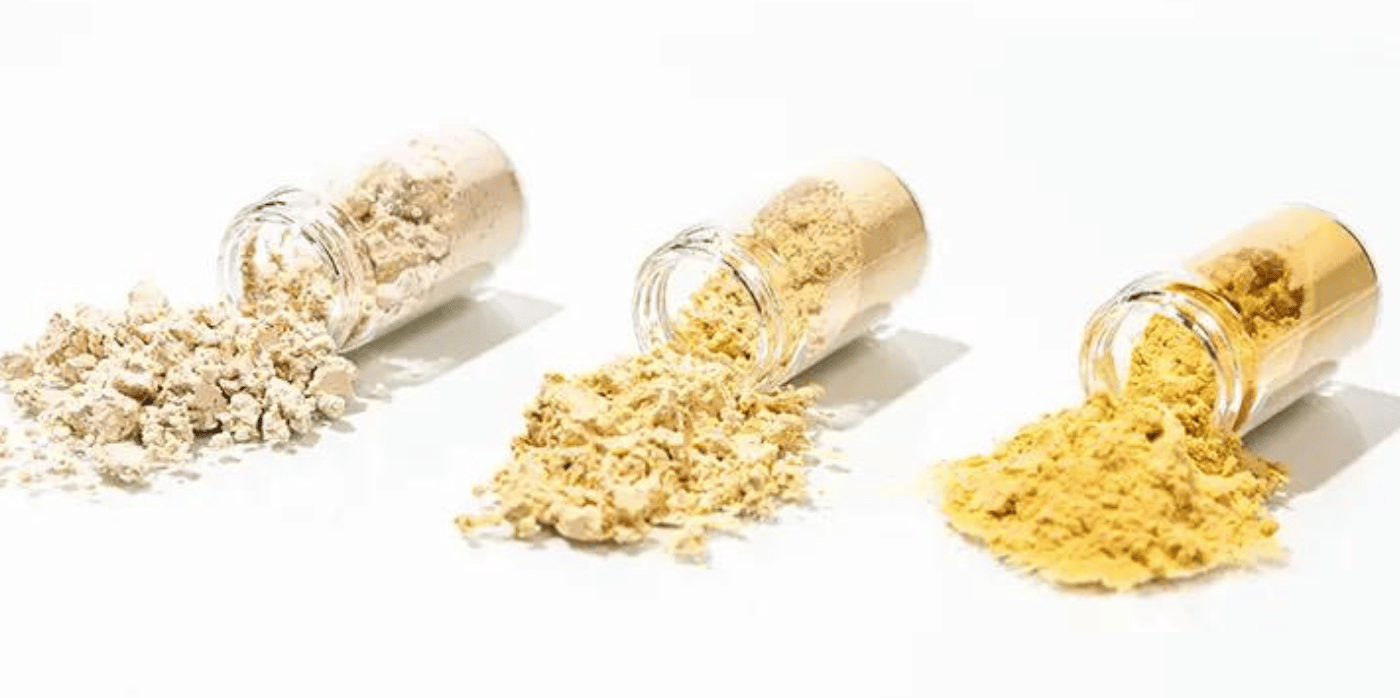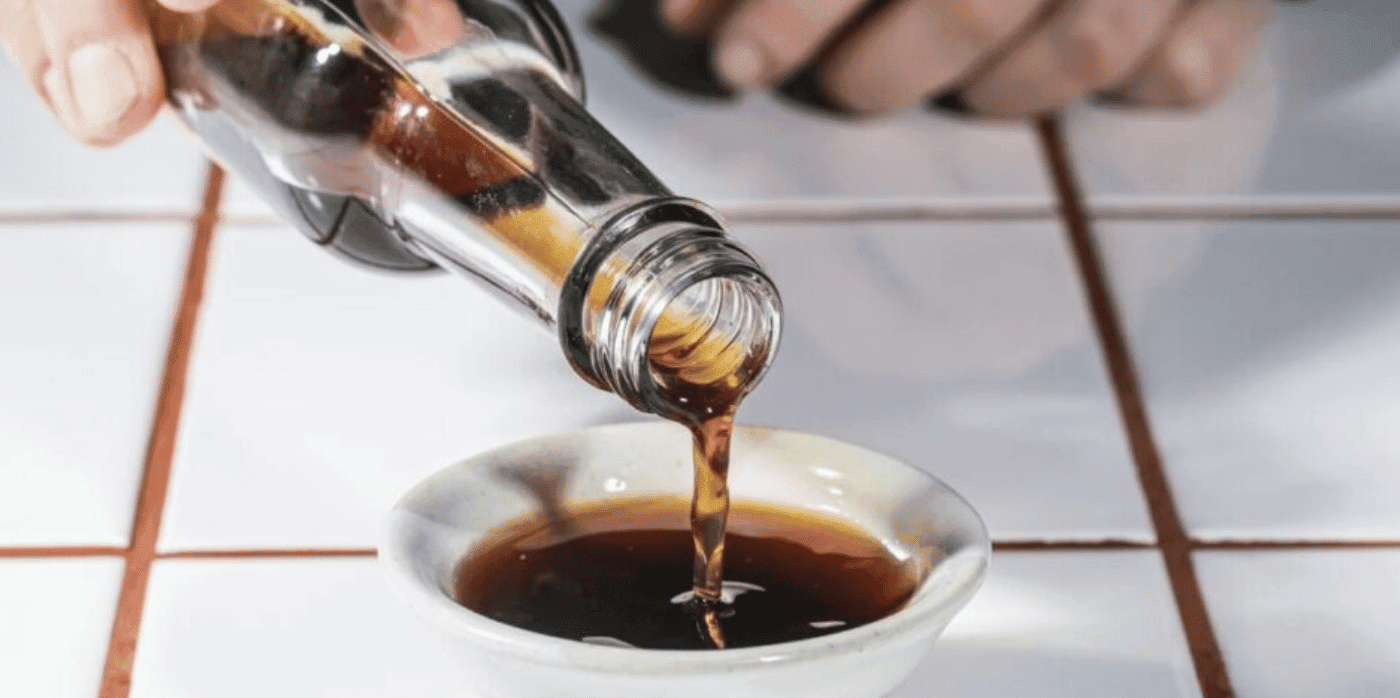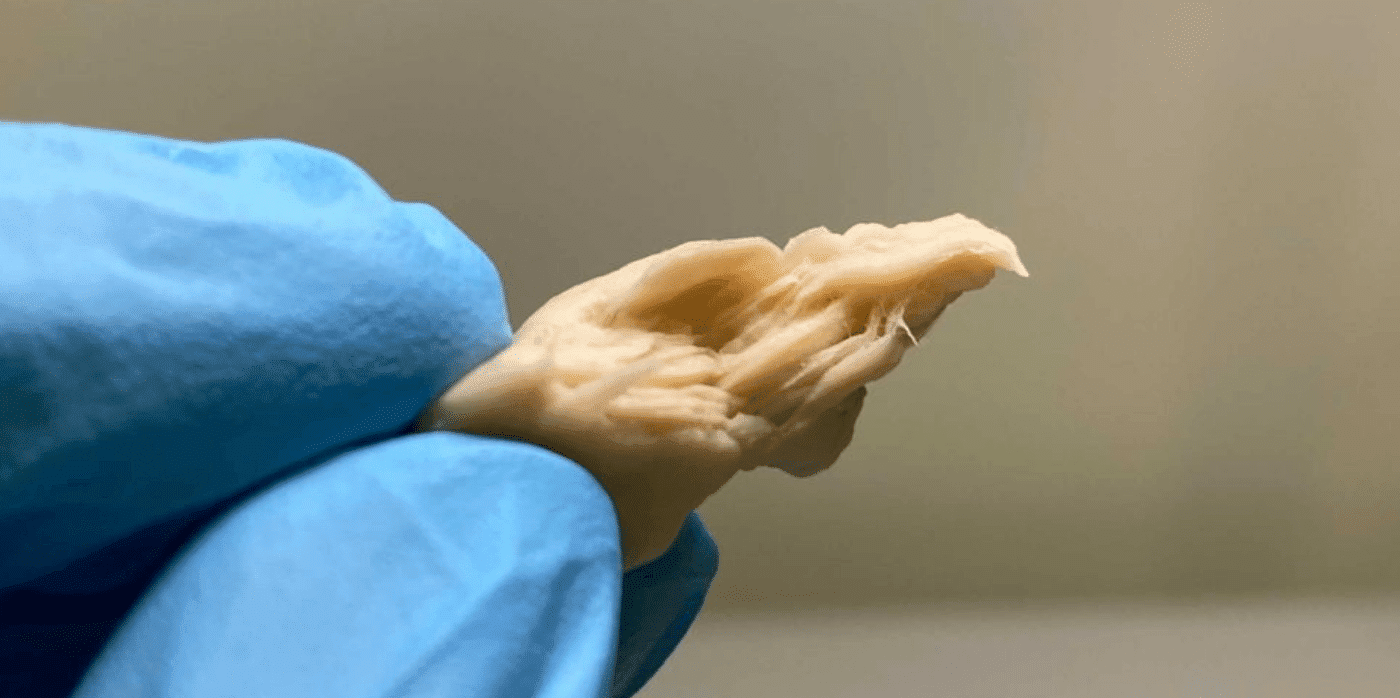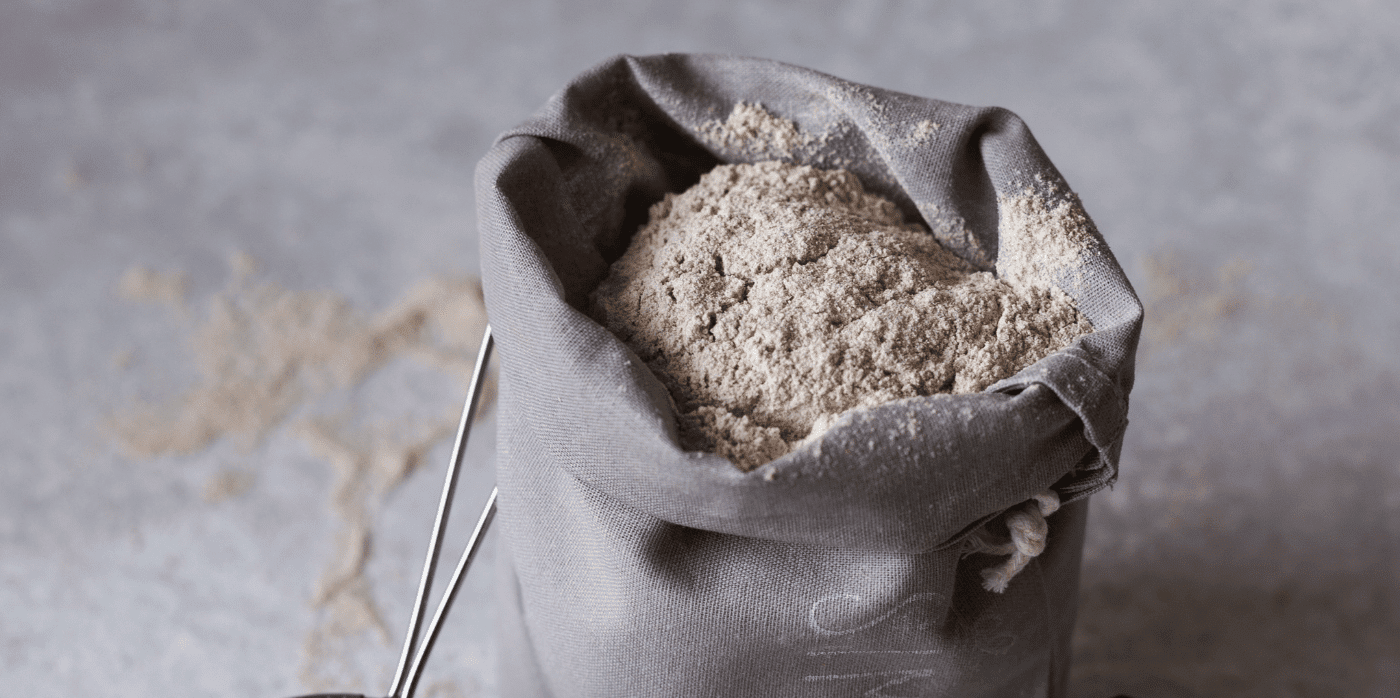Bark to beauty: forest byproducts for cosmetics, food, and chemicals

Spotted: One part of the UN FAO’s (Food and Agricultural Organization) forestry programme is the “conservation and sustainable use of forests to enhance forest-based livelihoods.” In this spirit, Finnish materials technology company Montinutra has created a chemical-free extraction process for valorising forestry waste.
Using Pressurised Hot Water Extraction (PHWE), the company transforms forest industry side streams into valuable new ingredients for the cosmetics, food and beverage, and chemical industries. Sawdust and bark are two of the most common waste products in the forestry, and with Montinutra’s inexpensive, efficient extraction process, businesses can turn a byproduct with little value into a new income stream.
The bioactive compounds that come from wood waste are highly valuable ingredients. When they are used in place of petrochemical-based materials, manufacturers reduce production emissions while improving the health of their products. In cosmetics, for instance, wood sugars provide emulsifying, SPF-boosting, and antioxidant qualities, and the ingredients can be used in industrial applications as binders, coatings, and fillers.
The extraction process works with many different types of feedstock, and the machinery and hardware are modular, transportable, and use closed-loop water circulation and energy recovery. That makes it easy for lumberyards and other forestry businesses to integrate a new system into existing infrastructure while improving the overall sustainability of their operations. The minimal amount of material left over after extraction can then be used for biofuel.
Montinutra’s pilot plant in Turku, Finland, proved the viability of the technology, and the company is now in the planning stages for its expansion to industrial-scale manufacturing capabilities by 2026. Following recent funding, the company hopes to quicken its international expansion and is also looking to soon rebrand as ‘Boreal Bioproducts’.
In Springwise’s database, other innovations centred on upcycling sawdust include using the material for 3D printing and building new beehives that help the insects survive winters.
Written By: Keely Khoury





